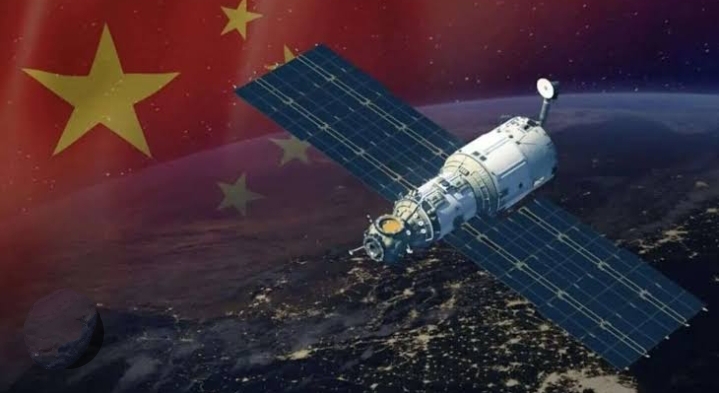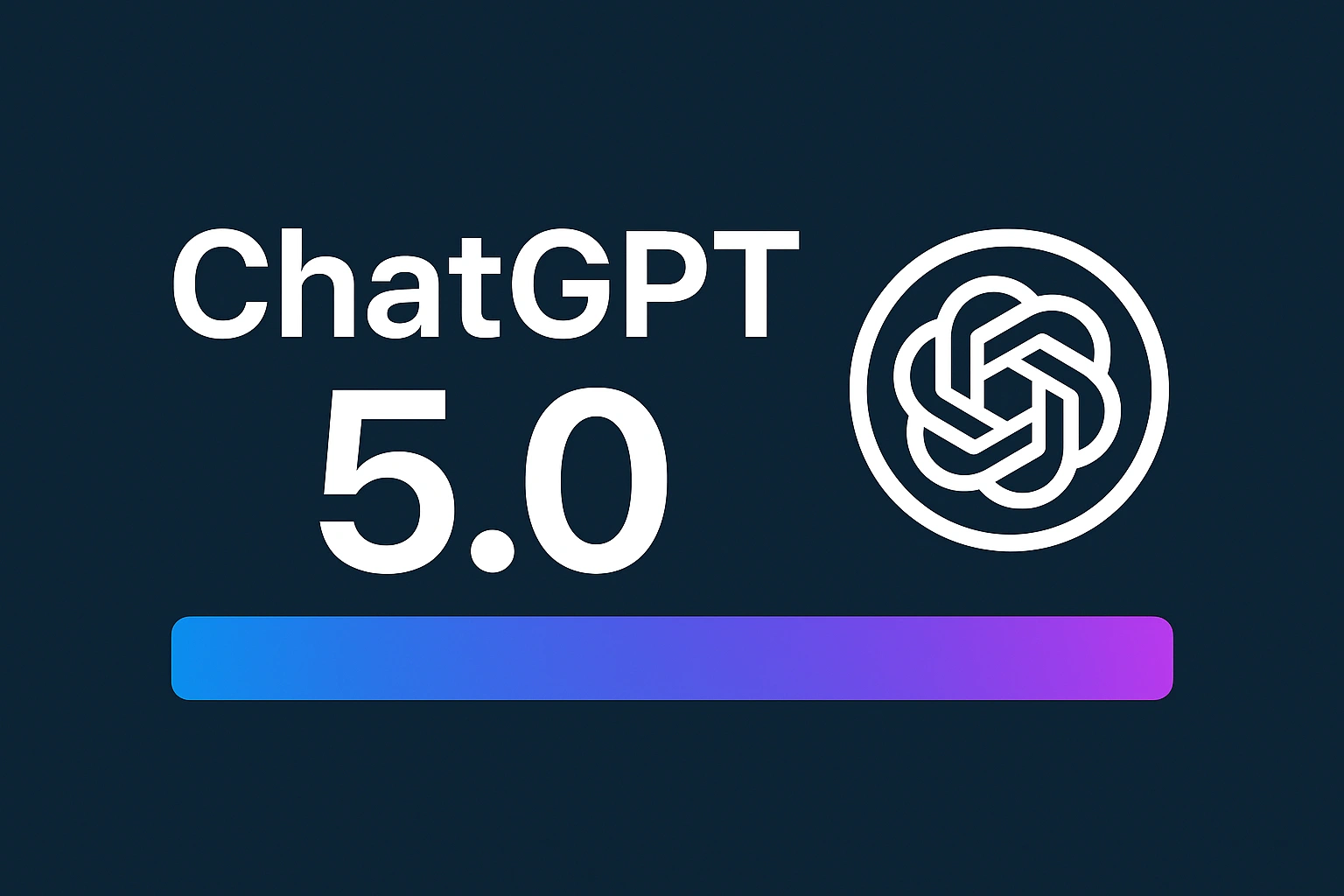In a world where connectivity defines power, a digital revolution is quietly making its way to Pakistan—one that could reshape not only how people access the internet but also how nations assert global dominance. At the center of this storm are two superpowers: the United States, with Elon Musk’s world-famous Starlink, and China, which has just unveiled an internet technology five times faster than Starlink. And the battleground? Pakistan.
1. The Arrival of Starlink in Pakistan
Starlink, SpaceX’s revolutionary satellite internet system, is expected to launch in Pakistan by the end of this year. Unlike traditional internet systems that rely on underground cables and cellular towers, Starlink beams high-speed internet directly from space using a network of thousands of low-earth orbit (LEO) satellites.
This system is a game-changer, especially for rural or remote areas where traditional infrastructure is either weak or non-existent. From mountain villages to deserts, Starlink promises to bring Pakistan online like never before.
2. China’s Countermove: 5x Faster Than Starlink
But while Starlink grabs headlines, China has gone a step further—or perhaps five steps further. Chinese scientists have developed a space-based internet system that boasts five times the speed of Starlink. Even more impressive, this network suffers from almost zero latency, thanks to advanced satellite placement and state-of-the-art data transmission systems.
These satellites orbit 22,000 miles above Earth, yet still manage to deliver ultra-fast and reliable connectivity, something Starlink struggles to maintain consistently.
3. The Power of Light-Speed Connectivity
The Chinese system isn’t just faster—it’s smarter. Instead of using radio waves like Starlink, China is leveraging laser and optical technology, allowing for data transmission at the speed of light. This innovation reduces energy consumption, increases clarity, and enhances the range and stability of the network. The result? Crystal-clear, lightning-fast internet without cables or cell towers.
4. Why This Matters for Pakistan
This isn’t just about speed. It’s about opportunity. Whoever provides Pakistan with the most reliable and far-reaching internet will gain strategic digital influence. Fast internet means stronger digital economies, better remote education, improved telemedicine, and even national security upgrades.
For Pakistan, this is a golden opportunity to leapfrog into the digital age. Even remote villages and mountain areas could become digitally connected, fostering innovation and inclusion on a national scale.
5. The Big Question: Starlink or China?
The real question now is not "Will Pakistan get fast internet?", but "Whose technology will lead the way?" Will Pakistan partner with Elon Musk's Starlink, the Western space tech icon, or will it embrace China's cutting-edge, ultra-fast satellite internet, which could redefine digital supremacy?
What’s certain is this: the coming months will shape the digital future of Pakistan. The choices made now will echo across every corner of the country—from classrooms and hospitals to businesses and government offices.
This is more than a race for better internet—it’s a battle for digital dominance. As Starlink and China prepare for a space-based showdown over Pakistan, the winner won’t just connect a country—they’ll influence the future of global tech leadership.



